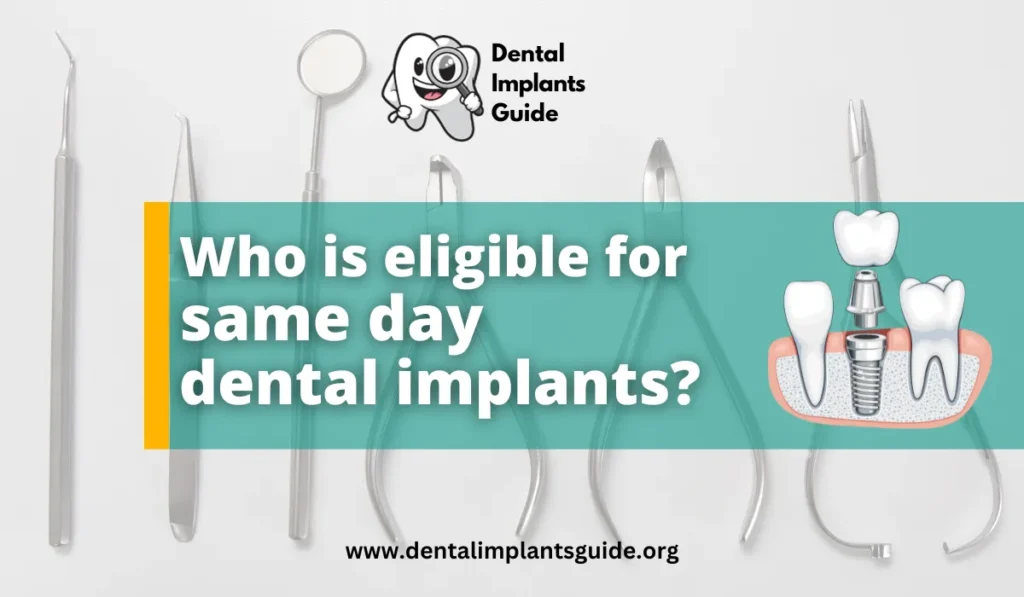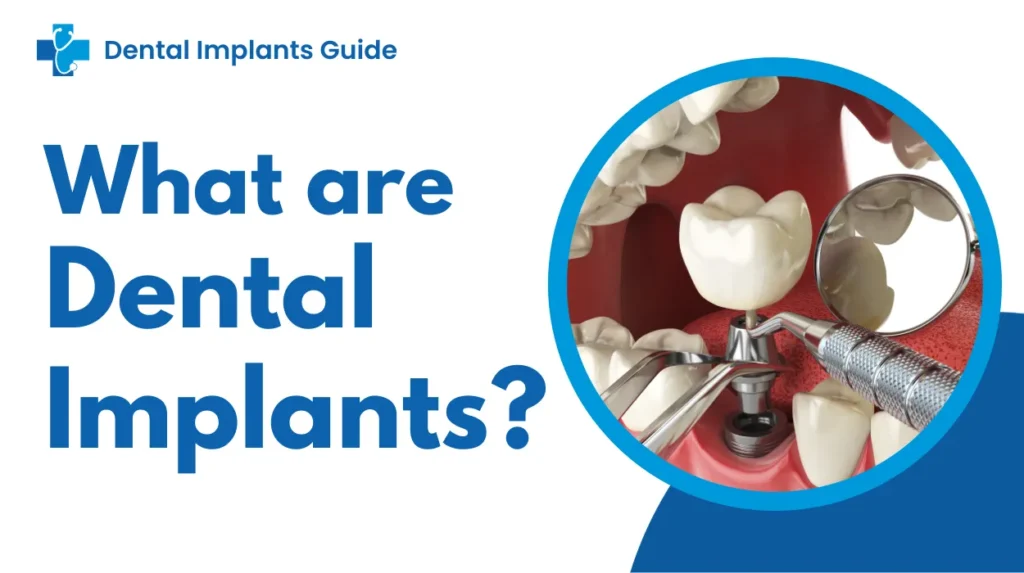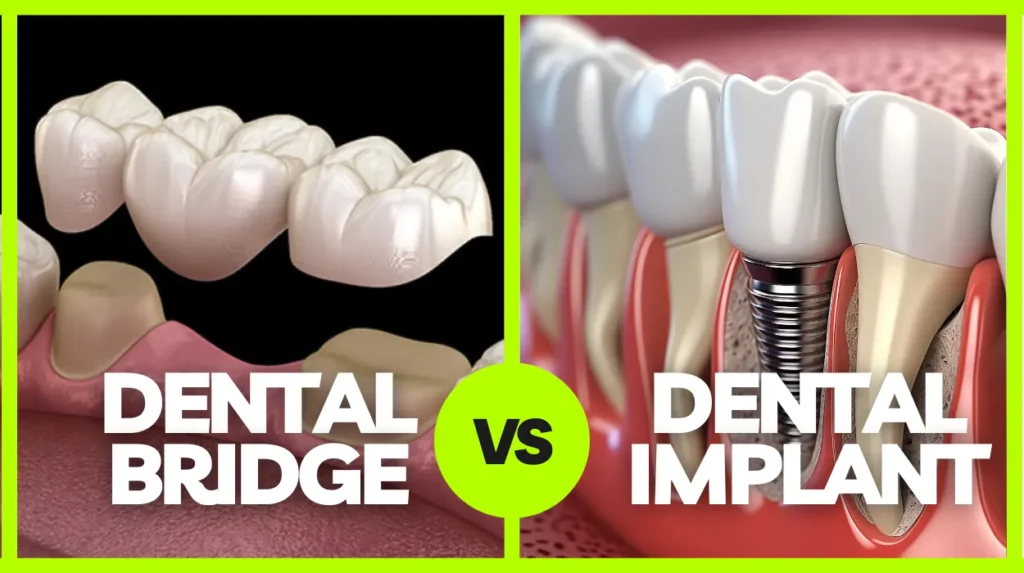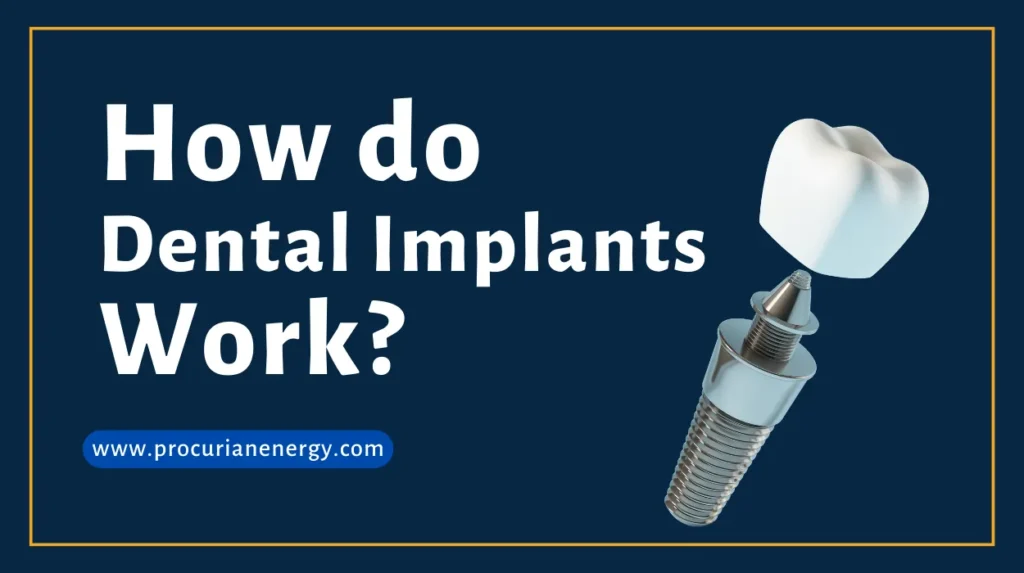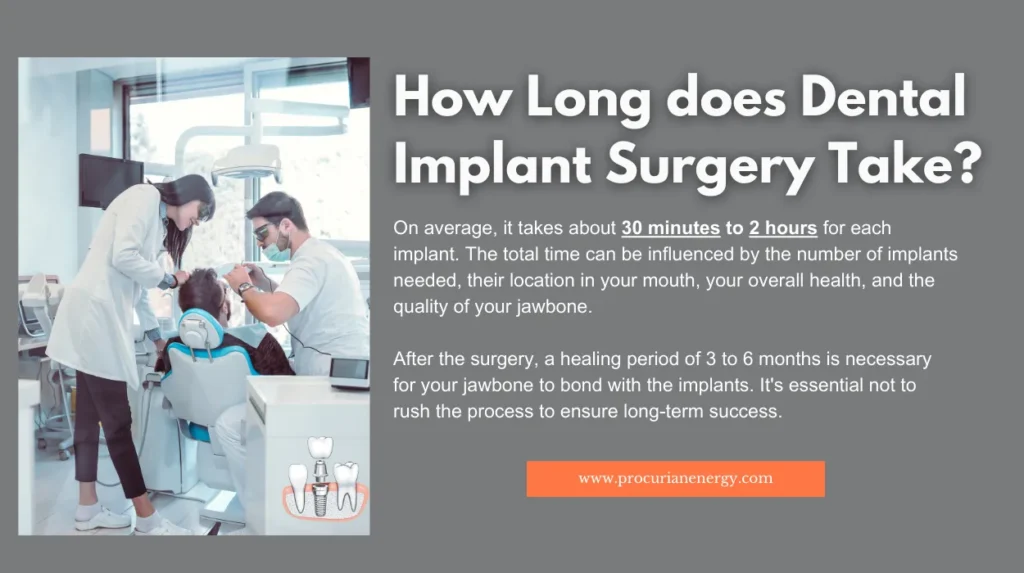
Although dental implant surgery is a common and successful method of replacing missing teeth, it can be a little frightening.
If you’re thinking about getting dental implants, you probably have a lot of questions about how long does dental implant surgery take.
In this article, we’ll break it down for you in simple terms so you can better understand the process, from start to finish.
What Are Dental Implants?
Dental implants are like artificial tooth roots made of titanium that are placed into your jawbone. They act as sturdy foundations for replacement teeth, such as crowns, bridges, or dentures.
Dental implants are a popular option for people who have lost their teeth for a variety of reasons, such as trauma, decay or gum disease. They are functionally and aesthetically similar to natural teeth.
Stages of having a Tooth Implant
Getting dental implants involves several steps, and it’s important to understand each one to grasp how long the entire process takes.
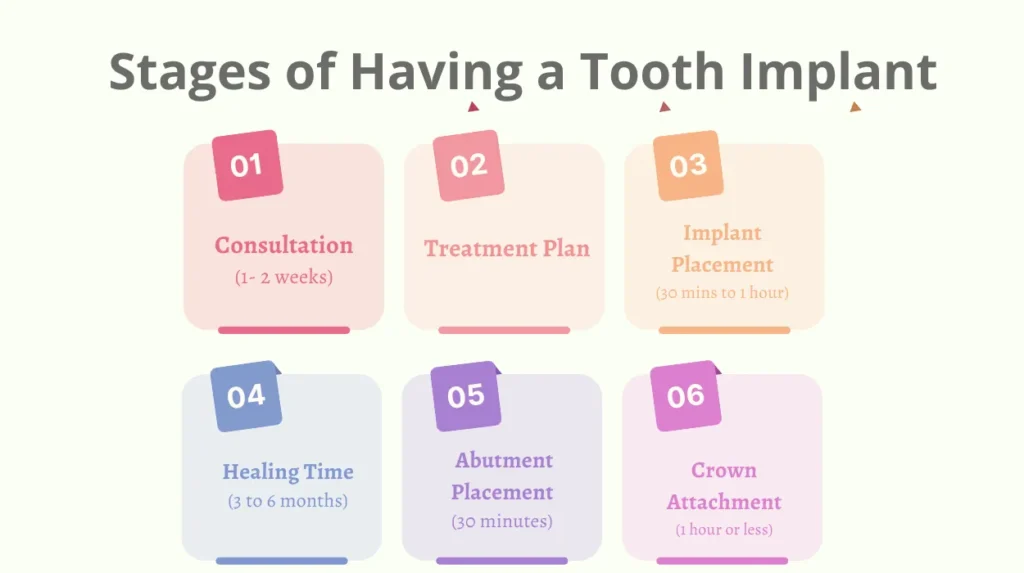
Stage 1: Consultation
Your journey starts with a consultation with a dentist or oral surgeon. During this visit, they’ll examine your mouth, discuss your dental history, and determine if you’re a suitable candidate for dental implants.
Stage 2: Treatment Plan
If you’re a good candidate, the next step is to create a personalized treatment plan. This plan outlines how many implants you need, where they will be placed, and what type of restoration (crown, bridge, or denture) you’ll receive.
Stage 3: Implant Placement
The actual surgery involves placing the dental implants into your jawbone. The duration of this step varies depending on the number of implants and their locations. On average, it can take about 30 minutes to two hours.
Stage 4: Healing Time
After implant placement, your jawbone needs time to heal and fuse with the implants in a process called osseointegration. This healing period typically takes around 3 to 6 months.
Stage 5: Abutment Placement
Once your jaw has healed, you’ll return to the dentist’s office for the placement of abutments. These are small connectors that attach to the implants and serve as a foundation for your replacement teeth. Abutment placement is a shorter procedure, usually taking less than an hour.
Stage 6: Restoration
Finally, your dentist will take impressions of your mouth to create custom-made replacement teeth (crowns, bridges, or dentures). The time it takes to create these restorations can vary, but it usually takes a few weeks.
Note: If you’re unable to afford dental implant surgery, consider exploring options like dental implant grants. These programs may provide financial assistance or discounts to help cover the cost of the procedure. Even if you didn’t get approved for the grants, here are some insurance that covers Dental implants.
How Long Does the Actual Surgery Take?
Now, let’s put it all together. The actual implant placement surgery for one implant usually takes around 30 minutes to an hour.
If you’re getting multiple implants, you can expect the surgery to take longer, possibly a few hours. There might be changes in duration for different types of dental implants.
| Number of Implants | Surgery Duration |
|---|---|
| Single Implant | 1-2 hours |
| Multiple Implants | 2-4 hours |
Keep in mind that this is just the surgical part of the process. The entire dental implant procedure, including consultations, healing time, abutment placement, and crown placement, typically spans 5 to 6 months.
To help you visualize the timeline, here’s a table summarizing the time involved at each stage:
| Stage | Time Estimate |
|---|---|
| Consultation and Planning | 1 to 2 weeks |
| Implant Placement | 30 minutes to 1 hour per implant |
| Healing Time | 3 to 6 months |
| Abutment Placement | 30 minutes |
| Crown Placement | 1 hour or less |
Factors Affecting the Duration of Dental Implant surgery
The total time for dental implant surgery can vary from person to person. Several factors influence how long the process takes:
- Number of Implants – If you need multiple implants, the surgery will naturally take longer.
- Location of Implants – Implants placed in different areas of your mouth may require different amounts of time.
- Bone Health – The quality and quantity of your jawbone can affect the surgery duration. Some patients may need additional bone grafting procedures, which can add to the overall time.
- Overall Health – Your general health and any underlying medical conditions can impact your body’s ability to heal, potentially extending the timeline.
- Dentist’s Experience – An experienced dentist or oral surgeon may be able to complete the procedure more efficiently.
Recovery and Aftercare for Dental Implants
Once your dental implant surgery is complete, the recovery and aftercare are essential for a successful outcome. Here are some key points to keep in mind:
- You may experience some side effects like pain and discomfort after surgery, which can be managed with prescribed pain medications.
- Swelling and bruising around the surgical site are common but usually subside within a few days.
- Stick to a soft diet and avoid dairy products for the first few days to avoid putting excessive pressure on the implants.
- Maintain excellent oral hygiene by gently cleaning the surgical area as instructed by your dentist.
- Attend follow-up appointments to ensure your implants are healing properly.
- Avoid smoking and limit alcohol consumption, as these can interfere with the healing process.
How long does it take to get a Front & Back Tooth implant?
Getting a front or back tooth implant usually takes a few months.
It includes planning (a few weeks), implant placement (30 minutes to 1 hour), healing (3 to 6 months), abutment placement (30 minutes), and crown attachment (1 hour or less).
Can you get a temporary crown while waiting for an implant?
Yes, you can get a temporary crown while waiting for an implant. It’s often placed to fill the gap and help you eat and smile comfortably. The temporary crown is replaced with the permanent one once the implant has healed and is ready.
Can implant and crown be done at the same time?
Yes, sometimes, an implant and crown can be done at the same time. It’s called “immediate loading.” But it depends on your jawbone’s health and the dentist’s recommendation.
FAQs
How long does the actual implant surgery take?
The implant surgery itself usually takes about 30 minutes to an hour per implant.
What’s the total time for getting a dental implant?
The entire process, including planning, healing, and crown placement, can take several months, typically around 3 to 6 months.
Is dental implant minor or major surgery?
Dental implant surgery is considered a minor surgery.
How painful is getting a dental implant?
Getting a dental implant isn’t very painful. During the procedure, you won’t feel pain because of anesthesia.
Final Words
Dental implant surgery is a multi-step process that can take several months to complete. There are several steps: consultation, implant placement, healing, abutment placement, and restoration. The exact time frame is determined by factors like the number of implants and your overall health.
Remember that the goal of dental implants is to provide a long-lasting tooth replacement, so it’s important not to rush the process. If you’re patient and follow your dentist’s instructions, you’ll soon have a gorgeous smile to flaunt once more.
Consult a skilled dentist or oral surgeon if you’re considering getting dental implants to create a personalized treatment plan and learn more about the specific timeline for your case. The wait for your new home was worthwhile.




